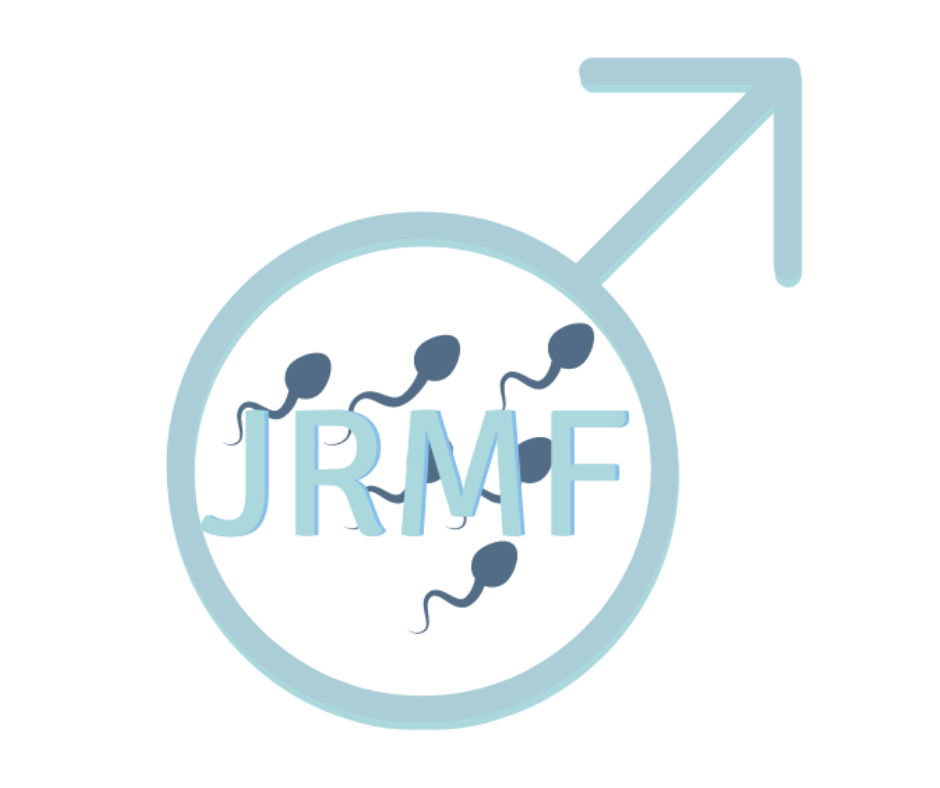What is the new Fertility Action charity
This blog is to introduce the new charity, Fertility Action, founded by Katie Rollings, and of which I am a trustee.
Fertility Action is about access and inclusivity for all people, and both of these principles apply to men who have not been ‘included’ in fertility treatments and have largely been denied ‘access’ to medical investigation and treatment in their own right.
Better access improves fertility outcomes – well acknowledged for women, in whom age is a principal determinant of success. But ‘access’ for men is not discussed, because proper access to investigation and treatment has just not existed. Therefore, the absence of any service at all paradoxically stifles debate. If men just accompany women to the fertility unit, as is the status quo, then it is just ‘accepted’ that there is no debate about the importance of the male factor.
But if we accept, which we should do, that men are 50% of the infertility problem, then men need equal access to urologists as women have to gynaecologists.
At Fertility Action, we are above all realists, so must, or should, every man have access to a urologist? Well, probably this is not necessary, but access to a doctor who understands the medical implications of male infertility is the vital, and currently missing, step.
Because of the male health issues associated with subfertility, primary care or your local GP is probably best placed to investigate and advise men. Because traditionally all these men have been buried in fertility units, the general practitioners have not been exposed to this practice so far.
Fertility Action aims to educate and enthuse primary care physicians to be involved with male fertility and male health as a unified issue.
Of course, as far as the politicians are concerned, it is all about issues, soundbites and ultimately popularity, and therefore votes, and there is plenty for them (the politicians) in this subject. For the more senior politicians, it is about short-term expenditure and medium-term gain and fortunately, there is plenty for them in this sphere as well.
This is because we now know that male subfertility is associated with many healthcare issues which are preventable: the development of high blood pressure, of diabetes and of coronary artery disease may in later life be signalled by previous infertility, and certainly obesity has a very central role to play. Therefore, it may well be that when a man presents for the first time with subfertility and an abnormal semen analysis, this could be the first opportunity that primary care doctors have to address lifestyle and future medical issues. Prevention is one of the three planks of Professor Lord Ara Darzi’s submission to Wes Streeting, and therefore we at Fertility Action want to be able to bring this important debate to our interested politicians.
This is just a first step, but I am enthusiastic about contributing, as in the accompanying submission to the Members of Parliament to not only this debate but to real change that may benefit not only our men suffering from subfertility, but also to those same men in later life who may be able to prevent conditions that might otherwise be of importance to them and hopefully to their families.
To find out more and donate please visit: https://fertilityaction.org/


